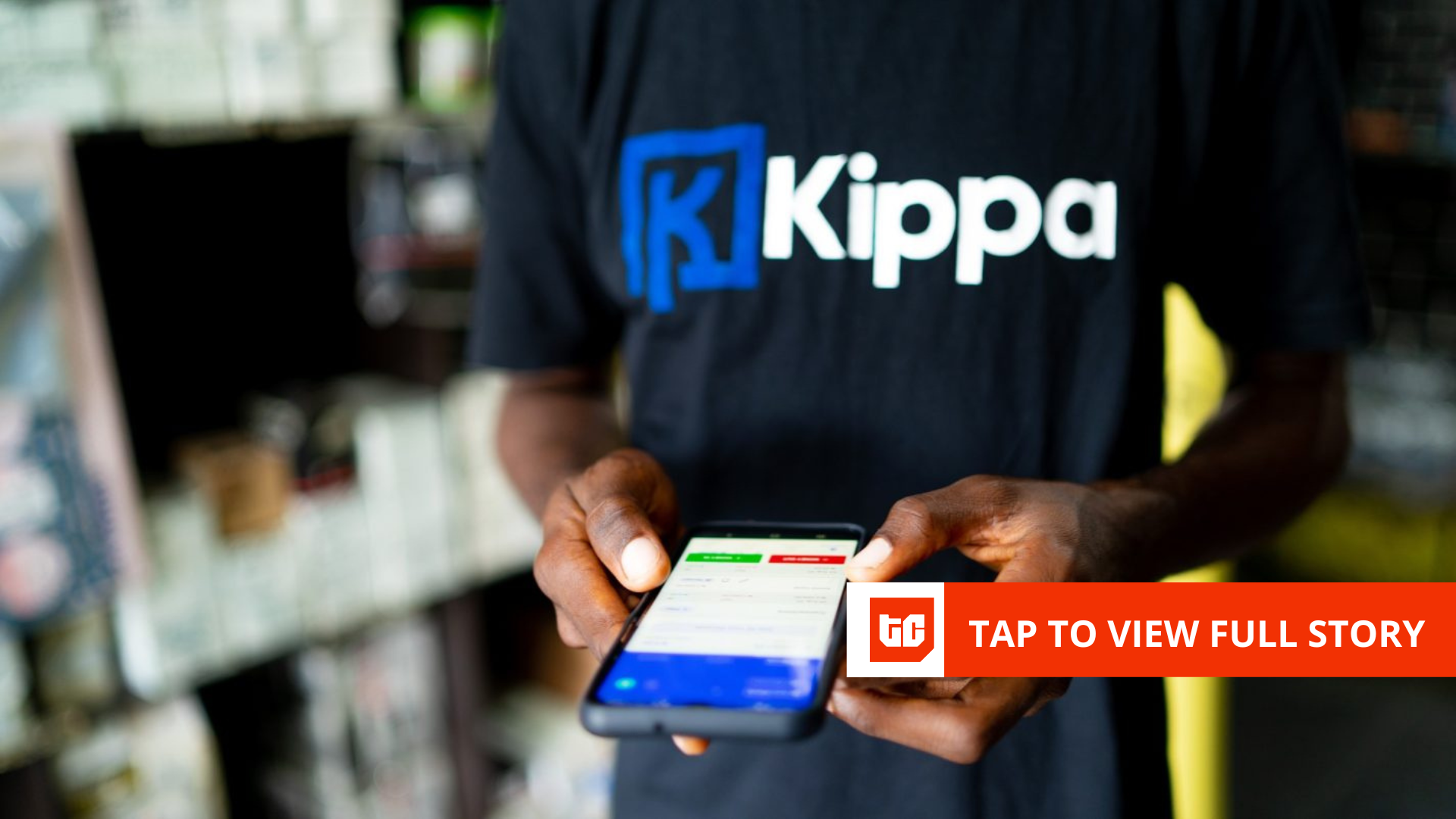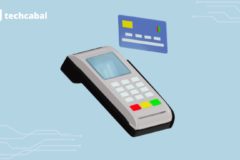Kippa, the Nigerian bookkeeping and finance startup backed by investors like Saison Capital and Horizone, lost ₦30 million to internal fraud connected to Kippa Pay, its agency banking product, two people with knowledge of the company’s business told TechCabal.
The fraud happened for at least four months but was discovered in November, one month after the company shut down Kippa Pay and laid off 40 employees. Despite this, the company has decided against paying those employees the severance packages it promised via email when the layoffs were announced. “In addition to your monthly salary, you will receive severance pay equivalent to your one month’s net salary,” said the email seen by TechCabal.
Kippa did not immediately respond to a request for comment from TechCabal.
An inside job
The extent of the fraud was only revealed in November when Kippa shut down its agency banking product, Kippa Pay. The announcement of that shutdown led to massive withdrawals of funds from customers. In the ensuing rush to withdraw funds, the company noticed that a customer without a POS was also withdrawing large sums of money.
[ad]
That person was a senior manager; three people with direct knowledge of the matter told TechCabal and the company discovered ₦30 million in one of his accounts. While the person will not be named for legal reasons, he was arrested by the police in November but has now been released.
Kippa has been in the news in recent months after TechCabal exclusively reported that the fintech was shutting down Kippa Pay.
Ekezie-Joseph told TechCabal that the Naira devaluation influenced the decision to shut down KippaPay. He also cited the struggles of the 500,000+ small businesses on its platform and a market rapidly changing while Kippa was still finding product-market fit.
“We had a significant focus on profitable merchants in tier-two cities, but the past six months have been horrendous for them. Socioeconomic fluctuations have exposed the volatility of this segment,” Ekezie-Joseph told TechCabal in October. The product was later integrated into GPay, a payment subsidiary that Bloc, a business bank, owns, in December.
Agency banking, a hotly contested space, is capital-intensive. Companies have to buy POS devices, which more than doubled in price last year while balancing other costs like technology, customer acquisition, managing relationships and providing support. For a startup earning in Naira, Kippa resorted to increasing its prices, but its customers revolted, and it quickly backtracked.
“We tried to increase our prices to ₦35 to grow margins when devaluation kicked in. But the amount of backlash the price increase was met with and the threat of user churn made us revert to ₦25,” Ekezie-Joseph said.
Got a Tip?
We’d like to hear from you. With a nonwork phone or computer, contact the author of this article at muktar@bigcabal.com. TechCabal protects the confidentiality of its sources.





















